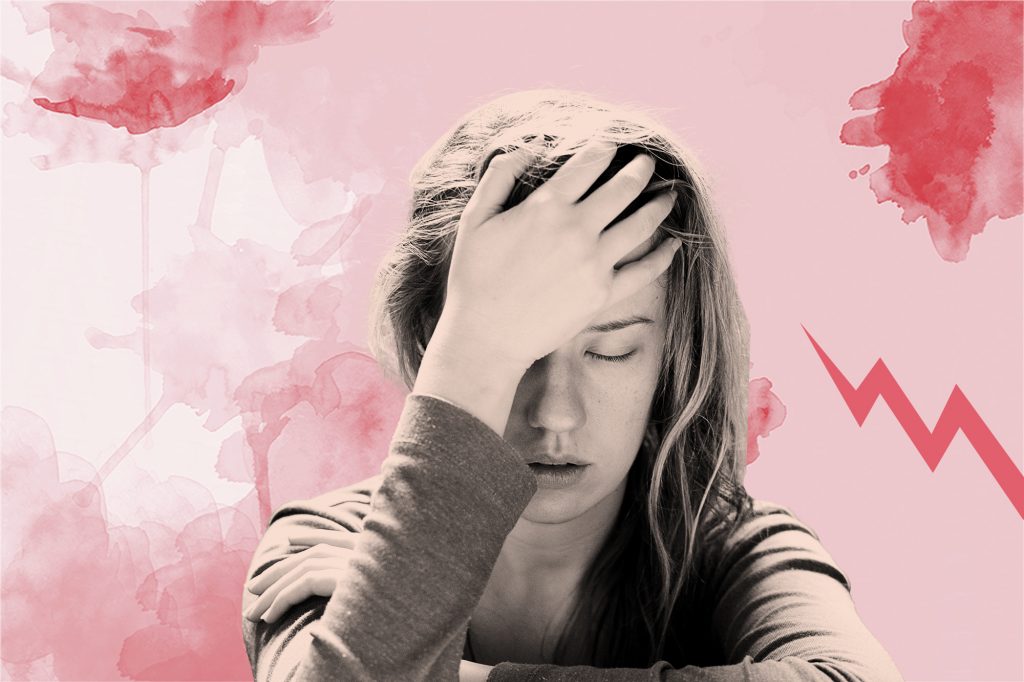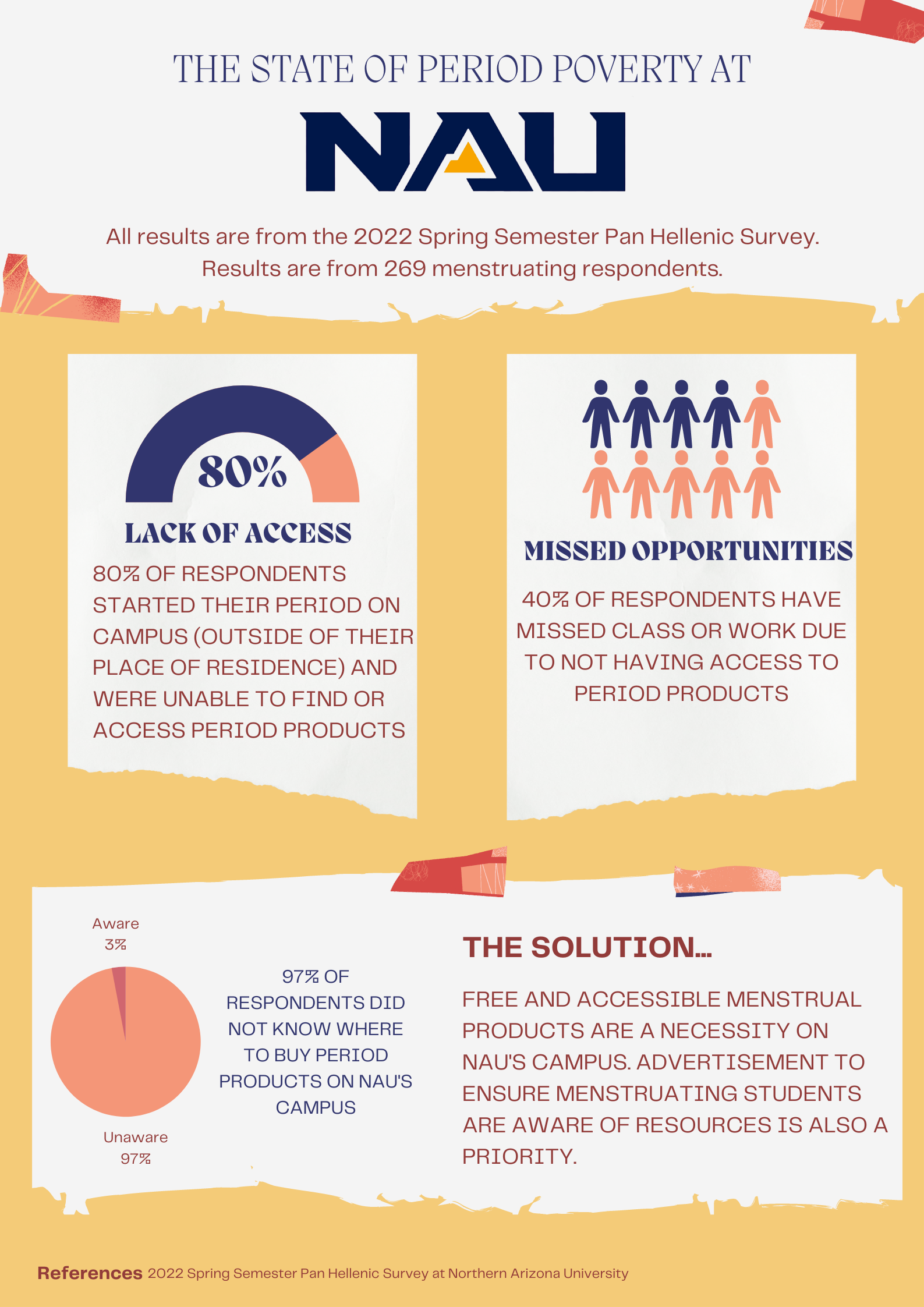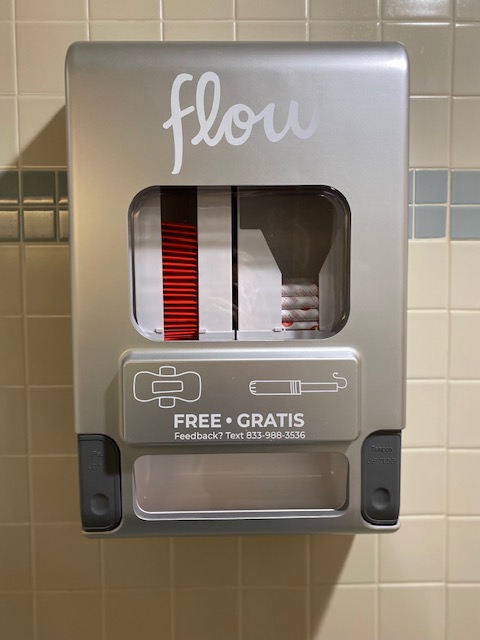As a girl, getting your period for the first time can be exciting—you are, by standard definition, a woman. But what doesn’t often cross the mind of every 12-year-old girl is the added cost of this newfound womanhood.
In a lifetime, the average woman will spend around $18,000 on sanitary products. Broken down, that amounts to a much more manageable $20 a month, but for those experiencing financial hardships, that now-mandatory expense can be devastating.
Since retiring from NAU in 2016, nurse Wendy Wetzel has been working with Days for Girls International (DfGI), a nonprofit organization that helps advance menstrual equity, health, dignity and opportunity for all. She started the Flagstaff team in 2017 and now manages teams in five states, advocating for girls and women who do not have easy access to sanity products.
In fall 2021, Wetzel was asked to mentor a group of capstone students for their project on menstrual health. Through their research, it became evident that NAU students were not immune to period poverty. A survey of sorority members confirmed that those who menstruate on campus do lack access to sanitary products. Something had to be done.
“We know, from international menstrual health research, that when products are not available, girls and women can miss vital aspects of their lives and are often victims of sex crimes where they are forced to trade sex for pads or tampons. In Nepal, menstruating women are forced to isolate in huts, often without food or water for the duration of their flow,” Wetzel said. “For students, we know that menstruators often miss class or work when products are not readily available. This of course leads to reduced academic progress and social stigma.”
Wetzel, representing DfGI, joined forces with NAU’s Commission on the Status of Women, the Women’s and Gender Studies Department, the Period Club, ASNAU and public health capstone students with help from Facilities Services to solve this issue. This semester, ASNAU was able to install 14 free product dispensers in the Union and DuB, and just this month, received funding to install approximately 200 more over the summer. Soon, every student-centered building on campus will have free sanitary products available.
Eventually, the hope is that free menstrual product machines will be installed in residence halls, but Wetzel said it’s not enough—they need NAU departments on board and more education to help reduce the stigma and taboo that often comes with menstruation.
“Making sure products are readily available means menstruating students should not be missing class. Part of NAU’s mission is to provide an education to students in Arizona and beyond and develop solutions to challenges and drive innovation in a supportive, inclusive and diverse environment. Ensuring our students have access to these products means we are holding true to that mission.”
Carly Banks | NAU Communications
(928) 523-5582 | carly.banks@nau.edu






